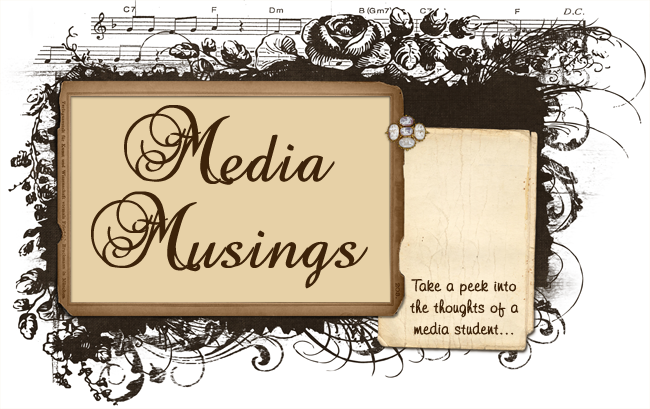Kids nowadays have it so much better. Besides books, they have so many other things to entertain them during their spare time – mp3 players, mobile phones, handheld game consoles, laptops, you name it. The latest gadgets to join the ranks of these digital toys are Amazon’s Kindle Book and Apple’s iPad, which signals the rise of the e-book. According to ABC’s The 7.30 Report by Deborah Cornwall (2010), e-books are here to join the new media ‘virtual tsunami’ that is the Internet. Demand for electronic books, more commonly referred to as e-books, have skyrocketed in the past year (2008) thanks to the introduction of readers/tablets such as Kindle and iPad. Many of the industry’s most famous and influential people predict that e-books are here to stay, as it is a cheaper, more convenient and environmental-friendly option to traditional printed books. Libraries are facing major changes in their entire system once readers get used to the idea of e-books being mainstream.
It is true that traditional book sales are getting weaker. Coker (2009) shares with us some interesting statistics about e-book sales, proving the point that e-book sales are surging while the entire trade book industry suffers a decline. Between 2002 and 2007, overall trade book sales averaged an increase of 2.5% per year. In stark contrast, e-books for the same period turned in a 55.7% average annual increase in sales profits.
There are many reasons why people choose to buy/download e-books, and why they will continue to do so in the years to come (Green, 2008):
- Convenience: They are easy to purchase online and download.
- Variety: There are thousands of books from every genre imaginable to choose from. This is especially useful when trying to find rare or uncommon titles.
- Fast publishing: Traditional books usually take a year to be published. Books in digital format can be available in mere weeks.
- Connectivity: There are more than a billion internet users in the world; everything we need to find can be found online.
- Personalization: If you can't find what you want, you can just produced your own.
References:
- Coker, M 2009, The rise of e-books: IDPF reports November e-book sales up 108 percent—and here’s some analysis, TeleRead, viewed 15 June 2010, http://www.teleread.com/2009/01/23/the-rise-of-e-books-idpf-reports-e-book-sales-up-108-percent-and-heres-some-analysis/
- Cornwall, D 2010, The 7.30 Report: E-books popularity on the rise, Australian Broadcasting Corporation (ABC), viewed 15 June 2010, http://www.abc.net.au/7.30/content/2010/s2849989.htm
- Green, CR 2008, Selling Your Ebook - 5 Reasons Why People Will Continue To Buy Ebooks Forever, Ezine Articles, viewed 15 June 2010, http://ezinearticles.com/?Selling-Your-Ebook---5-Reasons-Why-People-Will-Continue-To-Buy-Ebooks-Forever&id=926005




No comments:
Post a Comment